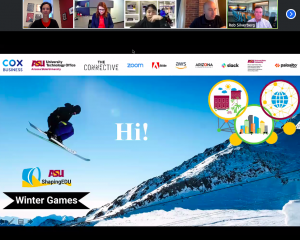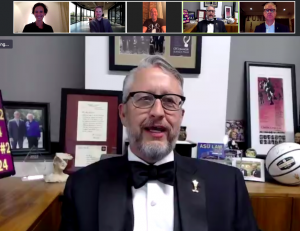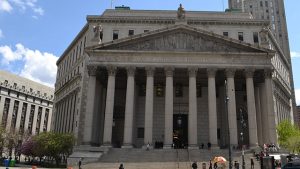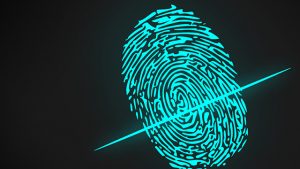
Center’s AI governance research featured by premier intergovernmental organization
In a blogpost last week, the Organization for Economic Co-operation and Development (OECD) showcased work by ASU’s Center for Law, Science and Innovation (LSI) on soft-law governance of AI. The site OECD.AI published an article by Center Faculty Director, Prof. Gary Marchant, and Law Research Fellow, Dr. Carlos Gutierrez, entitled, “Soft law 2.0: Incorporating incentives and implementation mechanisms into the governance of artificial intelligence.” In the article, they describe how stakeholders can use soft-law mechanisms to respond to the rapidly-changing developments in AI technologies, and they explain that one key to success lies in crafting incentives and mechanisms that work. For more on this pioneering project, which was made possible by a grant from the Charles Koch Foundation, visit the website at https://lsi.asulaw.org/softlaw.

























